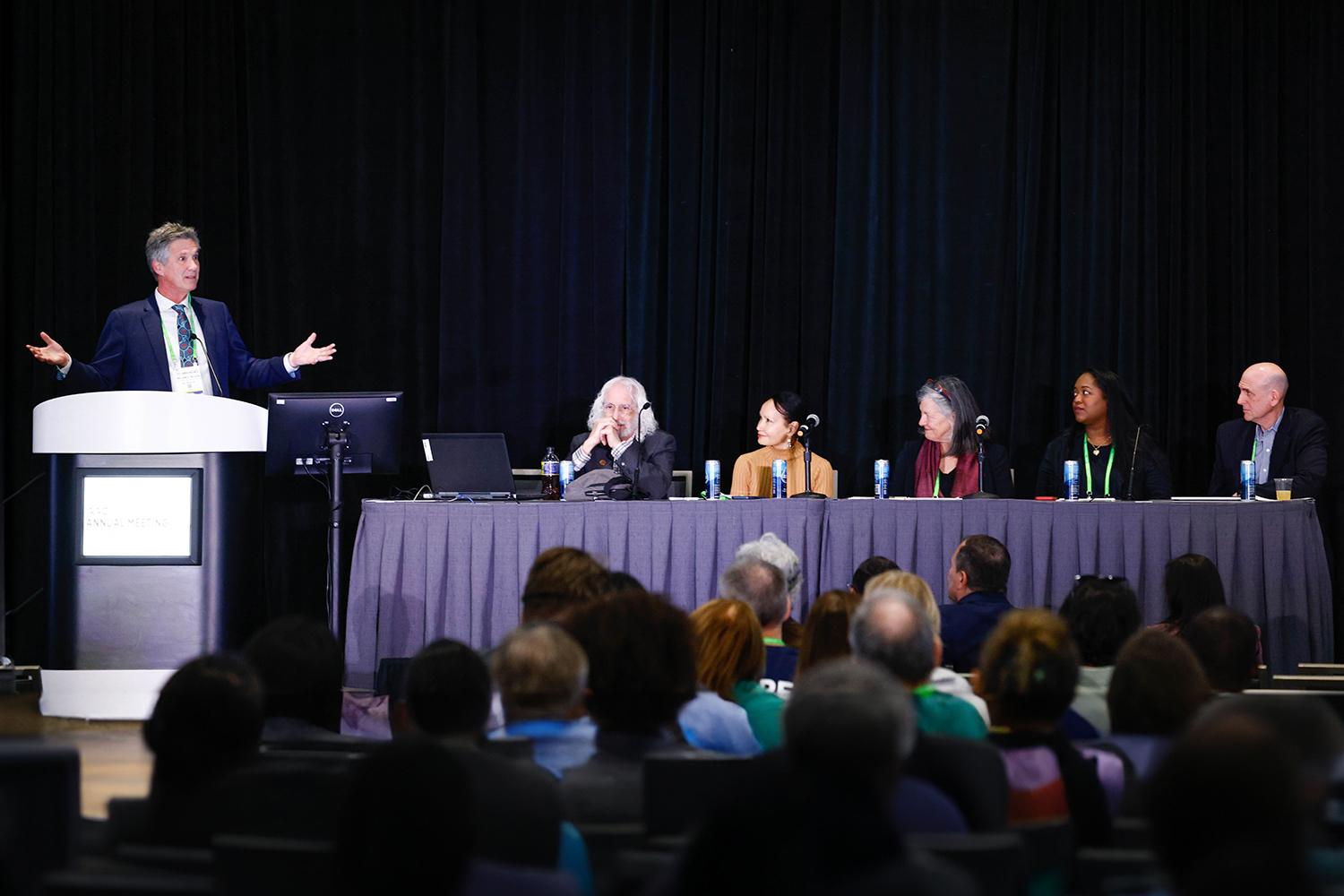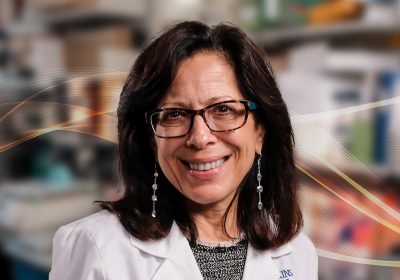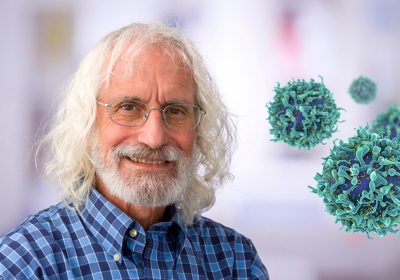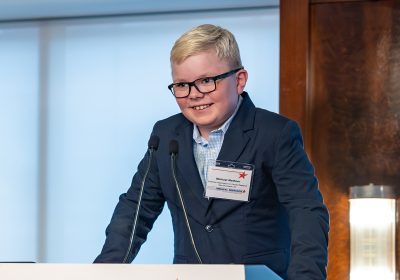
Communicating About Science Effectively
Scientists need to know how to share their findings with a sometimes skeptical public.
In 2020, researchers came together in an unprecedented manner to develop an effective vaccine in record time to protect people from COVID-19, one of the biggest threats to humanity in recent history. Yet, a large segment of the American people rejected the vaccine, driven mostly by suspicion, misinformation, and distrust.
Concerned about some of the public’s response to the vaccine rollout, Philip D. Greenberg, MD, then President of the American Association for Cancer Research® (AACR), felt it was time to do something about it. He discerned that the disconnect between scientists and the public was due to poor communication.
“We have been insulated in doing our research with passion, but we have done a very poor job of communicating to the public why we do research, why we’re passionate about it, and [how] what we’re doing can impact their lives in a way that will make it better,” he said at an April 6 session at the AACR Annual Meeting 2024 titled “Strategies to Effectively Communicate Science to the Public.”
Dr. Greenberg, the Rona Jaffe Foundation endowed chair and professor and head of the program in immunology at Fred Hutchinson Cancer Research Center in Seattle, and a panel of experts discussed the importance of breaking down the barriers between scientists and the public. The session was the first in a series of AACR educational opportunities planned on this topic.
Session moderator William G. Nelson, MD, PhD, editor-in-chief of Cancer Today, the AACR’s magazine for cancer patients, survivors, and caregivers, opened the discussion by talking about the importance of knowing your audience.
“Don’t use jargon,” Dr. Nelson said. “You need to get your message across quickly.” He talked about the value of being in a teaching mode to deliver the information so anyone from any background can understand it. Dr. Nelson, who is the director of the Johns Hopkins Kimmel Cancer Center in Baltimore, also supports using interesting facts to engage the audience and get them excited about science.
Lisa A. Newman, MD, MPH, a member of the AACR Cancer Disparities Progress Report 2022 Steering Committee, talked about communicating science to diverse communities. Drawing attention to the cancer disparities that continue to exist for Black individuals across the globe, she stressed the importance of reaching patients where they are and interacting with them through outreach efforts and advocacy. “It does have to be a continuous dialogue,” said Dr. Newman, who is chief of the Section of Breast Surgery at New York-Presbyterian/Weill Cornell Medical Center in New York City.
Mary C. Beckerle, PhD, a member of the AACR Science Policy and Government Affairs Committee, shared her views on communicating the importance of biomedical research to policymakers. Dr. Beckerle, who is a professor of biology and CEO of Huntsman Cancer Institute in Salt Lake City, provided specific examples from her personal experiences—supporting new legislation on radon, warning of tanning bed risks, and working for Medicaid expansion, among others—of how important it is to tailor the message to meet the needs of the person you’re trying to reach.
Bianca Islam, MD, PhD, a scientist mentor of the AACR Scientist↔Survivor Program®, shared her perspectives as an early-career scientist. Dr. Islam, a gastroenterology research fellow at Case Western Reserve University/University Hospitals Cleveland Medical Center, emphasized using newer means of communication like social media. Dr. Islam also pointed to an important aspect of communicating with patients and advocates: listening to them.
Clifton Leaf, MFA, adjunct professor of journalism at Columbia University School of Journalism in New York City and former editor-in-chief of Fortune magazine, talked about how hype and “grade inflation” of scientific discoveries lead to skepticism among the public. Leaf, a global fellow at Ellison Institute of Technology in Los Angeles, showed an example of how more than two dozen articles calling a research advance a “cancer breakthrough” had already appeared among just a handful of prominent news outlets in 2024.
He emphasized the importance of placing a scientific advancement in proper context and being clear and truthful about the timespan for when the discovery will become meaningful for a patient. “When day-to-day progress against cancer is put in the right context, each new advance is more meaningful,” he said. “And each genuine breakthrough—and there have been many so far—will be cause for celebration.”





